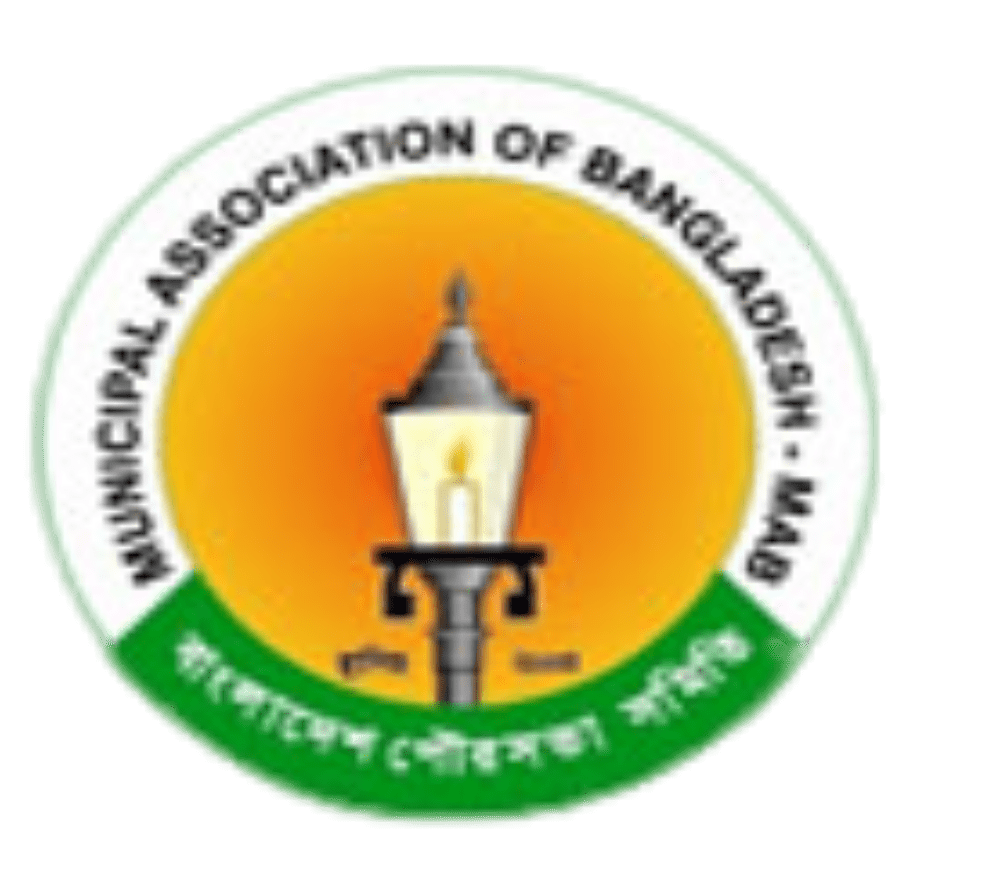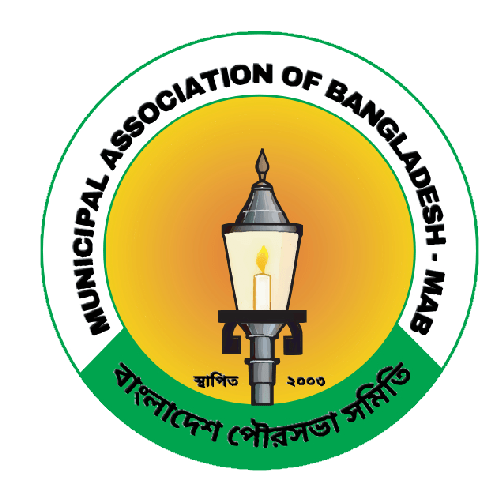At the World Urban Forum 2024 (WUF12) in Cairo, Egypt, Bangladesh unveiled its transformative approach to urban development: the Bangla Local Economic Development (LED) Model. This model, developed under the PRABRIDDHI project, has garnered global attention for its focus on decentralised urban governance, local economic growth, and building resilient communities. Through this initiative, Bangladesh demonstrates how secondary cities can drive sustainable economic growth and become key players in national development.
The Bangla LED Model: A Decentralised Approach to Growth
The Bangla LED Model highlights the critical role of local governance in creating self-sustaining economies in secondary cities. It is an innovative solution to the challenges that many smaller urban centres face, particularly when it comes to limited resources and infrastructure. The model is rooted in the idea that even with limited financial capacity, communities can achieve remarkable outcomes through collaboration between the public and private sectors.
The PRABRIDDHI project, jointly funded by the governments of Bangladesh and Switzerland and co-implemented by the Local Government Division (LGD) and Swisscontact, was designed with the goal of decentralising growth, enhancing regional equity, and fostering inclusive governance. By focusing on secondary cities, the model encourages local solutions to local problems, while ensuring that the unique needs and strengths of each city are addressed.
Empowering Secondary Cities: A Key to Balanced Urbanisation
Cities like Bogura, Jashore, and other secondary urban centres in Bangladesh are prime examples of regions with immense potential. These smaller cities, often positioned as regional hubs, serve as vital links between rural areas and larger urban centres like Dhaka. Despite their importance, these cities have historically received fewer resources and support compared to the capital, leading to imbalances in infrastructure, services, and economic opportunities.
The PRABRIDDHI project aims to address these disparities by empowering local communities to drive their own development. By decentralising decision-making and focusing on the unique social and economic contexts of each city, the initiative helps create sustainable and resilient urban centres. The goal is not only to strengthen the economies of these smaller cities but also to reduce the dependency on Dhaka and other major urban centres, leading to a more balanced and equitable urbanisation process across the country.
Local Governance: The Key to Sustainable Urban Transformation
At the heart of the Bangla LED Model is the concept of local governance. The PRABRIDDHI project demonstrates how local governments, in partnership with businesses, entrepreneurs, and civil society, can create lasting economic growth. The model fosters collaboration between the public and private sectors, encouraging communities to develop locally-driven solutions to their unique challenges.
Markus Ehmann, Team Leader of the PRABRIDDHI Project, explained the core idea behind this approach: “Even with limited resources, much can be achieved when the public and private sectors work together and plan accordingly.” This sentiment was echoed by Ms. Valérie Liechti, Head of International Cooperation at the Swiss Embassy in Egypt, who highlighted the importance of unlocking underutilised revenue streams in municipalities. Many cities, she pointed out, have untapped potential to generate local revenue, and reinvesting these resources into economic development can foster long-term sustainability.
Expanding Opportunities for Women and Youth
A key focus of the Bangla LED Model is the creation of economic opportunities for marginalized groups, particularly women and youth. By prioritising inclusive governance, the project ensures that local communities are not only economically empowered but also socially uplifted. The results of this approach can already be seen in the seven municipalities where the PRABRIDDHI project has been implemented, including Shibganj, Jashore, Bhairab, Bogura, Kushtia, Dinajpur, and Cox’s Bazar. These areas have witnessed new job creation, entrepreneurial growth, and a significant increase in opportunities for women and youth.
A Model for the Global South
The success of the Bangla LED Model is not just a national achievement for Bangladesh but also a potential blueprint for other countries in the Global South. During the WUF12 session, experts from across the world, including those from Brazil and South Africa, shared their experiences and emphasized how adaptable the LED model is to diverse urban contexts.
As global challenges around urbanization, climate change, and inequality persist, the PRABRIDDHI project offers valuable lessons in the power of local action. By leveraging local resources, fostering inclusivity, and decentralising governance, cities around the world can transform their economies and build more resilient communities.
The Path Forward
The presentation of the Bangla LED Model at the World Urban Forum 2024 served as a reminder that urban development does not have to be centralized to be effective. By empowering secondary cities to take charge of their growth, Bangladesh has shown that decentralised, locally-driven solutions can lead to sustainable urban transformation. As the PRABRIDDHI project continues to expand, it sets a precedent for other countries to follow—one where local governance and economic development work hand in hand to create resilient, thriving cities for the future.
Through initiatives like the PRABRIDDHI project, Bangladesh is laying the foundation for a new era of urban development, one that prioritises equity, sustainability, and community-led growth. The success of this model offers a hopeful vision for the future of secondary cities worldwide.

